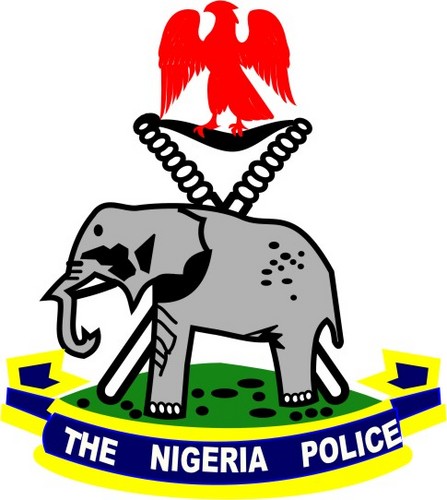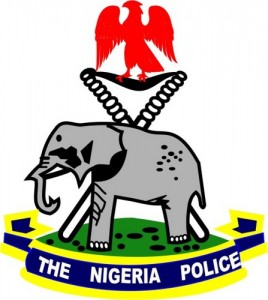By Nehi Igbinijesu.

The Nigeria Police is the national police of Nigeria with complete jurisdiction across the entire country. The history of the Nigeria Police is closely interwoven with the formation of colonies and protectorates that were later fused to become Nigeria in 1914. It began in 1861 when Lagos became a Crown Colony of the United Kingdom with a thirty member consular guard. In 1879, a 1,200-member paramilitary Constabulary was formed to police the Hausa speaking parts of Northern Nigeria while the Niger Coast Constabulary was formed in Calabar to police the newly proclaimed Niger Coast Protectorate in 1894. The Lagos Police was established in 1896. In the north, the Royal Nigeria Company under the leadership of Lord Aberdare constituted the Royal Niger Company Constabulary in 1888 to police its territory.
At the proclamation of the Protectorates of Northern and Southern Nigeria in the 1900s, the many police outfits where merged into the Southern Nigeria Police and the Northern Nigeria Police which were further fused into one outfit in 1930 after the amalgamation of Northern and Southern Nigeria in 1914.
During the colonial era, policing was very local in its nature, most it being administered from the native authorities. The socio-political challenges of the early 1960s were responsible for regionalizing the police and later nationalizing it during the First Republic.
Section 194 of the 1979 Constitution gave constitutional credence to the Nigeria Police designating it as, the Nigeria Police Force. It has over the last thirty years undergone a lot of reorganization with the creation of special units and designated departments, notable among which are the Police Mobile Force and the Anti-Terrorism Response Squad.
The NPF is overseen by an Inspector-General, appointed at the discretion of the President and is solely liable for the maintenance of law and order with our borders.The Nigerian Constitution also provides for a Police Service Commission which is solely responsible for the formulation of policies, finance, promotions and administration of the Police Force.
The NPF has won several awards for its sterling performances at peace-keeping operations. It is however often repudiated for its poor pay which has been more responsible for cases of excessive corruption and extortion among policemen today.
On 1 February 2002, the Nigerian Union of Policemen called a strike to protest unpaid back wages. President Obasanjo called it a mutiny citing that the policemen’s abdication of their duties was not only unpatriotic but insensitive; giving that the country had lost a lot of lives in the days before when munitions at the Ikeja Cantoment went off without being triggered on January 27.
Many controversial debates have arisen on the floors of both legislative houses of the National Assembly about policing in Nigeria particularly, the issues of community policing and the renaming of the Nigeria Police Force to the Nigeria Police Service. But no legislation has yet been passed to address some of these issues.


